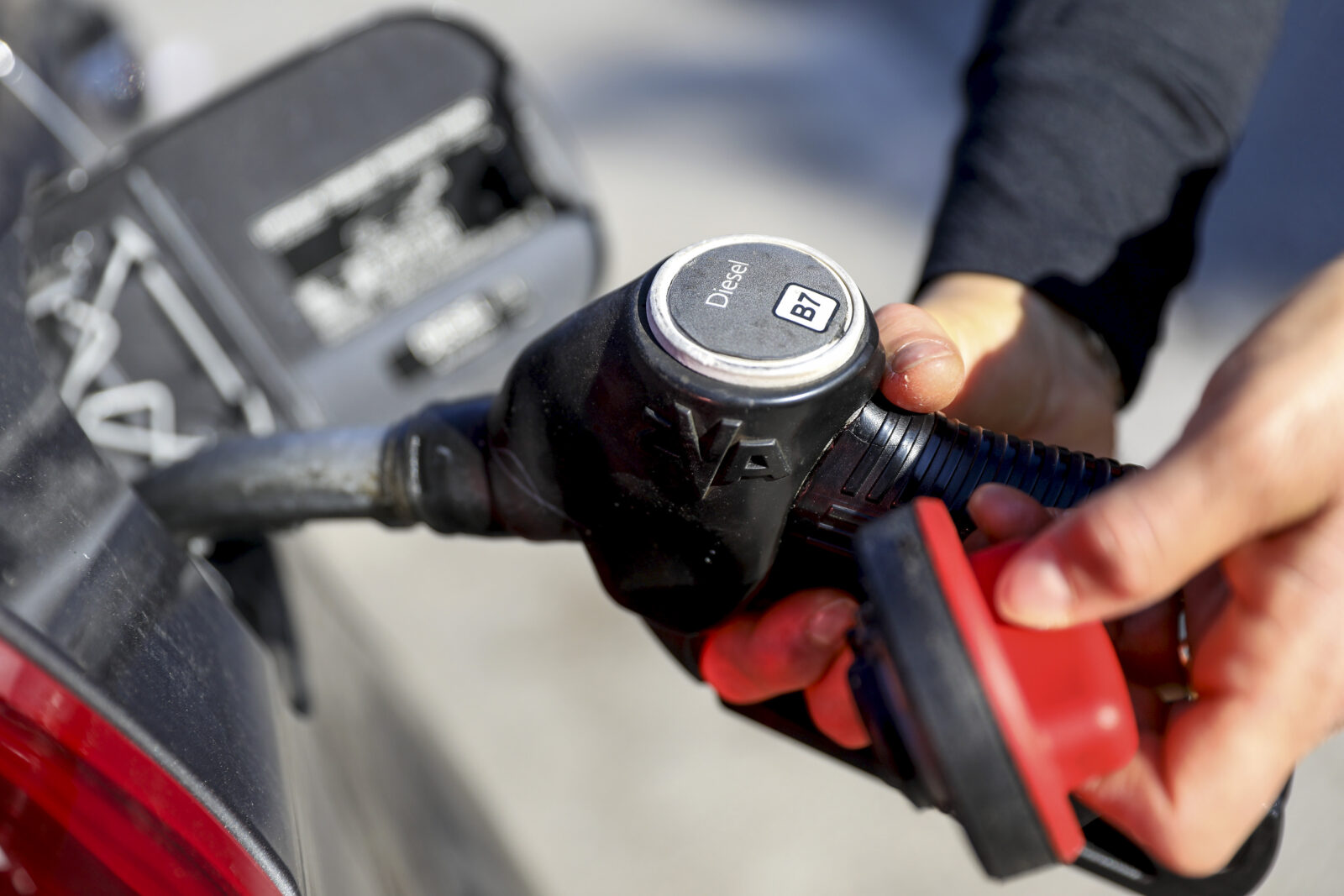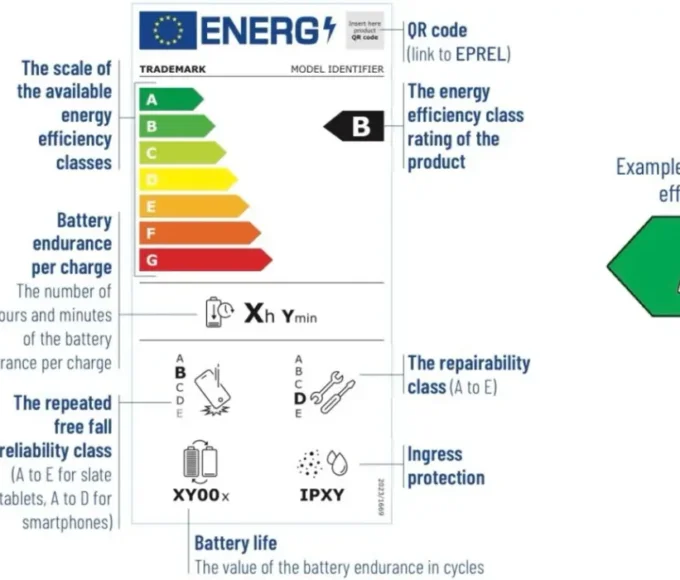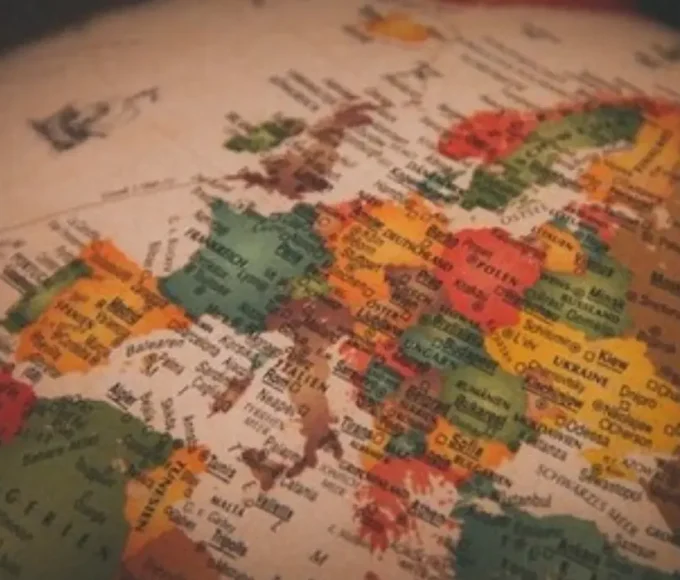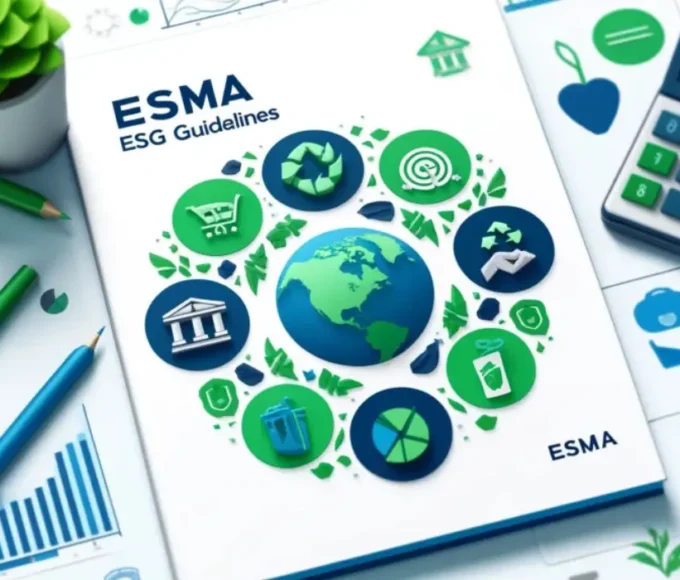In a notable shift in the global energy trade landscape, the United States is set to become a major supplier of diesel to Europe this month, capitalizing on the continent’s quest to reduce dependence on Russian fuel sources. Preliminary estimates from industry experts, including Kpler and Bloomberg, reveal that Europe’s diesel and gasoil imports are poised to reach a staggering 290,000 barrels per day (bpd) this month, marking the highest level since July 2018.
The surge in U.S. diesel exports to Europe gained momentum as the Gulf Coast refineries swiftly resumed operations post-autumn maintenance. However, Panama Canal bottlenecks created a hurdle for U.S. diesel exports to Latin America, inadvertently opening up opportunities for increased shipments to Europe.
According to a report from Kpler, the rise in diesel supply from U.S. Gulf Coast refineries coincided with heightened domestic demand and a surge in export demand to both Europe and Latin America. The report notes that while Europe’s maintenance season is nearing its conclusion, and weaker demand is anticipated to be offset by the resumption of domestic refineries, supplies are expected to remain tighter than usual throughout December.
Meanwhile, diesel and gasoil exports from Asia and the Middle East to Europe have experienced a downturn due to refinery maintenance activities in those regions. Kpler’s analysis suggests that Europe’s imports of diesel from India are set to reach 305,000 bpd, the highest point since January 2017. This development, however, has not been without criticism, as Europe faces scrutiny for its purchases of diesel from India, particularly in light of India’s procurement of affordable crude oil from Russia.
Notably, just a year ago, Russia held the position of Europe’s primary diesel supplier, underscoring the significance of the recent shift in dynamics within the global energy market. As Europe actively diversifies its sources of energy, the United States is emerging as a pivotal player in meeting the continent’s diesel and gasoil needs, reshaping traditional trade patterns and alliances in the process.









